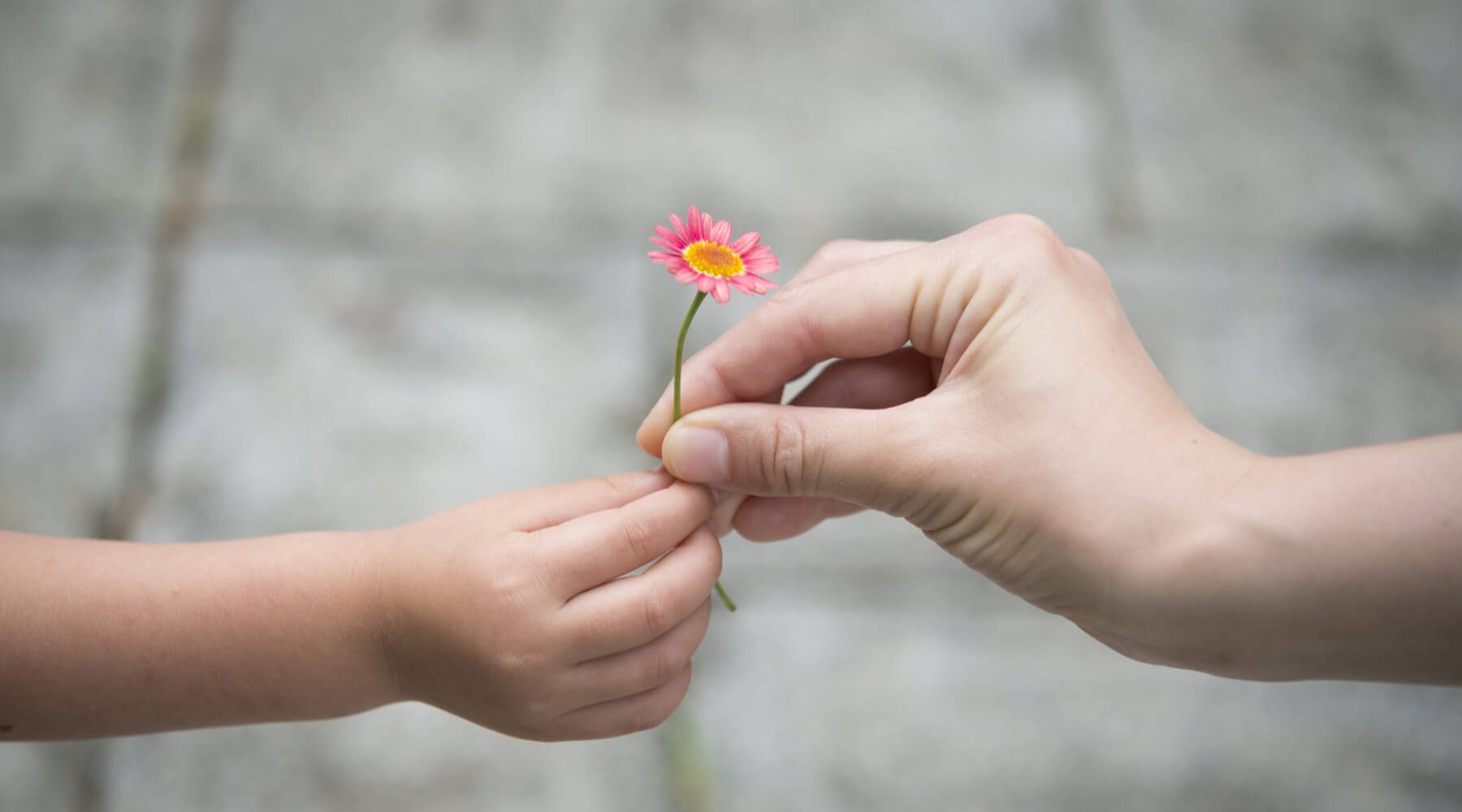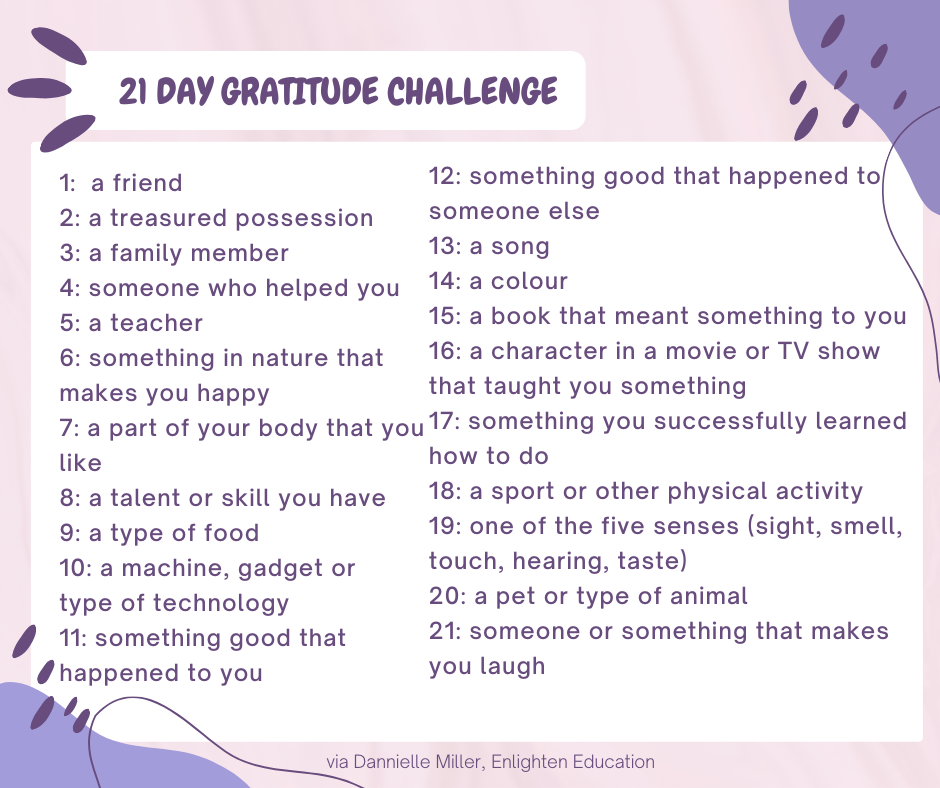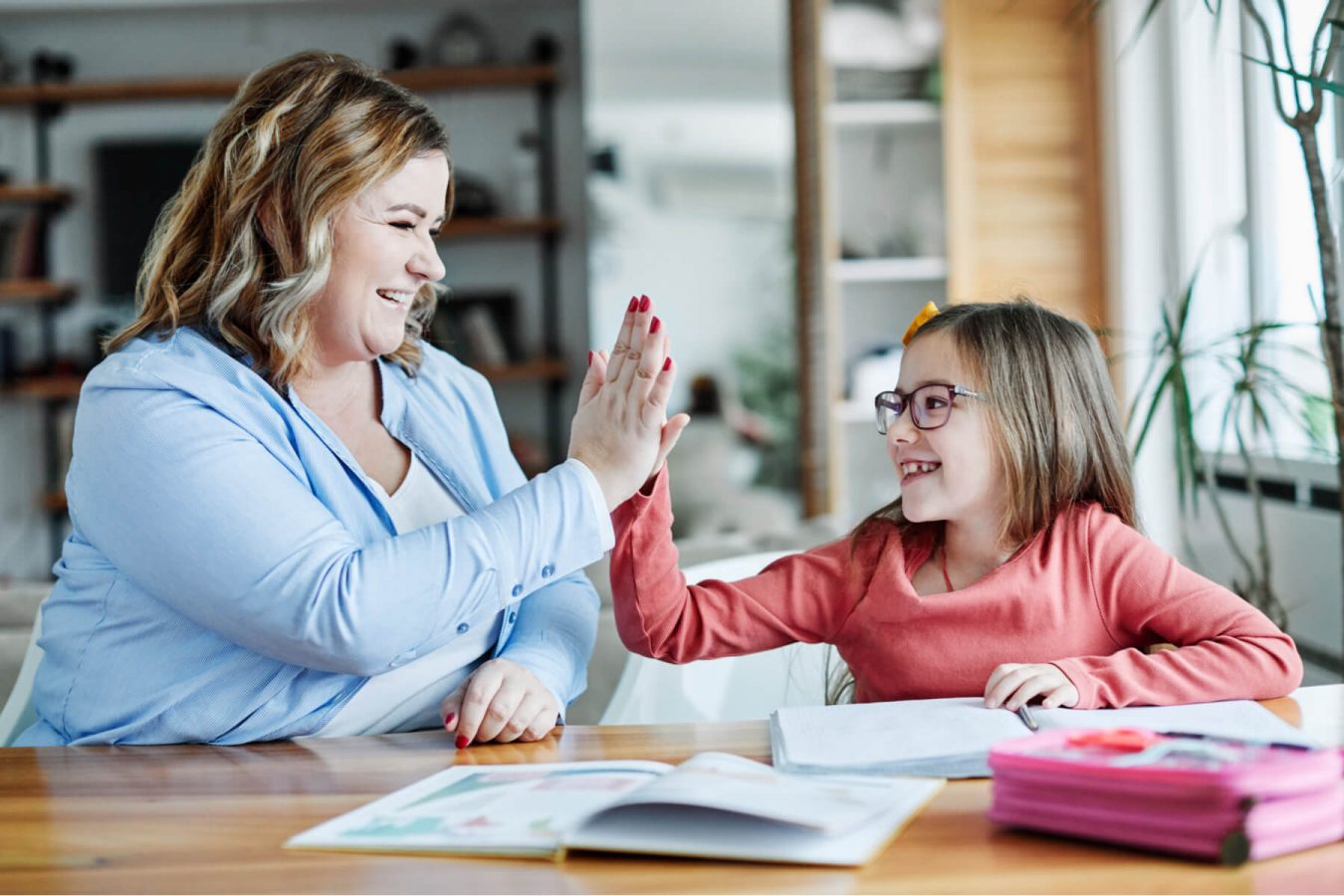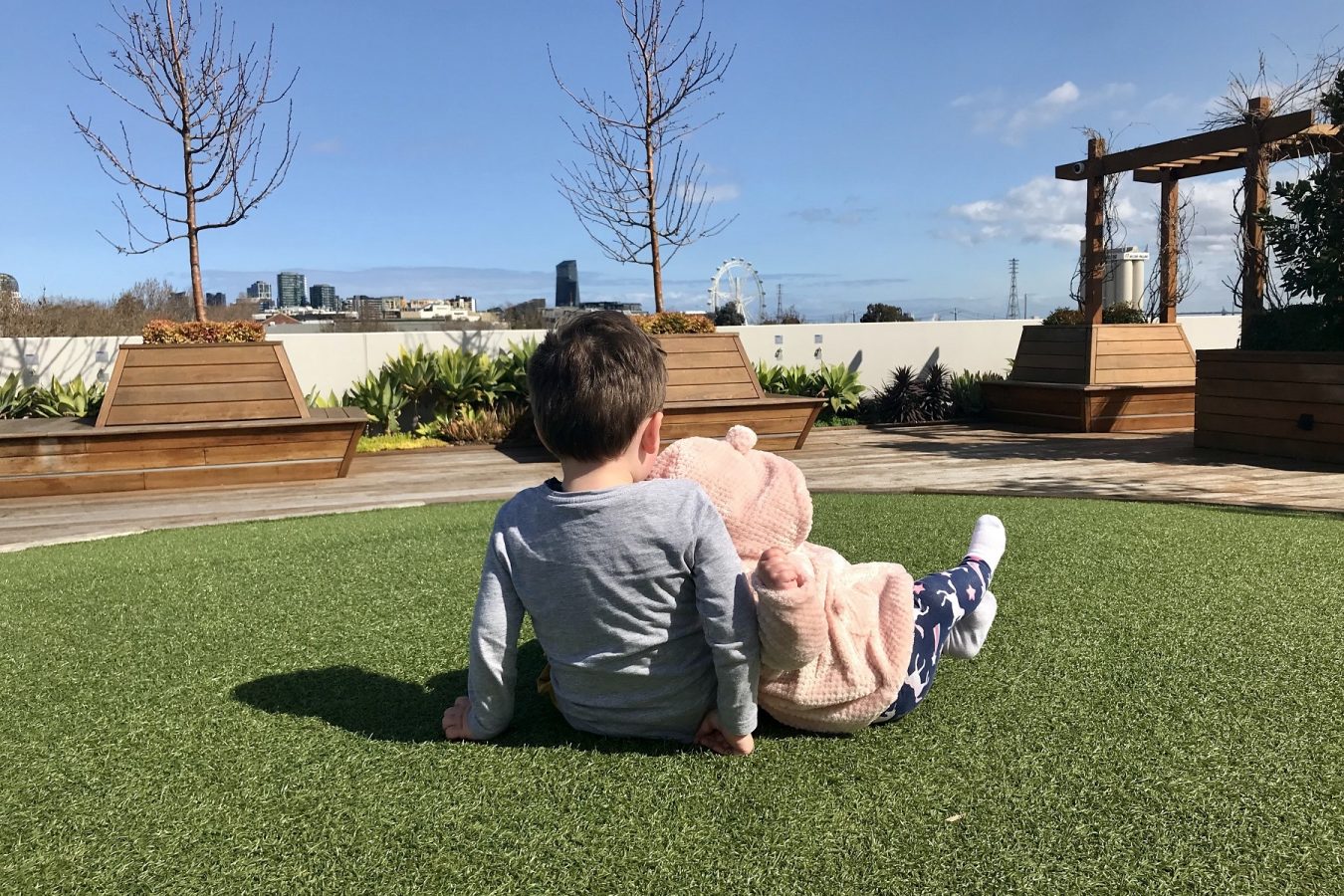
In challenging times, feeling grateful for what we have in our lives can help. Natalie Moutafis looks at how we can encourage our children to practice gratitude.
It’s not hard to see that not everyone is feeling grateful of late, with the global pandemic, lockdowns and restrictions making us acutely aware of the things that we don’t have.
Yet it is precisely at this moment that the conscious practice of gratitude for the good things in our lives – from a friend to a favorite food – can help us, adults and children alike.
Dannielle Miller, CEO of Enlighten Education says that now is a good time to practice gratitude and being thankful.
It increases happiness, increases joy, it also improves the quality of our sleep, builds stronger connections, it’s even been shown to help us manage pain. - Dannielle Miller, CEO Enlighten Education
Gratitude is also something that we’re not born with – it’s something that needs to be cultivated, and that takes time and perseverance, especially when it comes to our young people.
What exactly is gratitude? Merriam-Webster’s dictionary defines gratitude as a ‘feeling of appreciation or thanks’.
So how can we encourage our children to practice gratitude? Simply, it starts with modelling the skill. It’s not the easiest of skills to learn, particularly for very young children so taking a ‘practice what you preach’ approach can be helpful.
Something as easy as a comment about how beautiful the sunset was and how thankful you are to have had a moment to witness it is a great way to start. Sending someone an unexpected gift in the mail or a handwritten card, just to let them know you are thinking of them is another option.
Everyone loves praise, and very young children respond particularly well to it. Using your moment of gratitude to thank them for doing something for you will encourage more of the same.
Older children can keep a gratitude journal, taking note of things each day for which they feel grateful. Or a nightly conversation as part of the bedtime ritual of family members listing something they are thankful for each day, it helps everyone go to bed happier, even if they’d had a bit of a down day.
Research shows that it takes 21 days to form a new habit, and Dannielle suggests families try a 21-day gratitude challenge.
She’s shared a challenge below, and there are plenty more to be found online once you’ve finished this one.

Practicing the art of gratitude can help families strengthen relationships and is a way to incorporate mindfulness into each day.
This can be especially useful when children are lamenting on school holidays of past when they were able to see family and friends for a sleepover, go to the movies, travel to far away places – because gratitude helps us remember to stop thinking about the things we don’t have (or can’t do) and helps to shift the focus back to what we do have.
So, what do you have to be grateful for today?
Like this post? Please share using the buttons on this page.
We caught up for a chat with Dannielle recently on isPodcast, ISV’s new show for schools and the wider community.
Listen to the podcastSubscribe to The Parents Website


